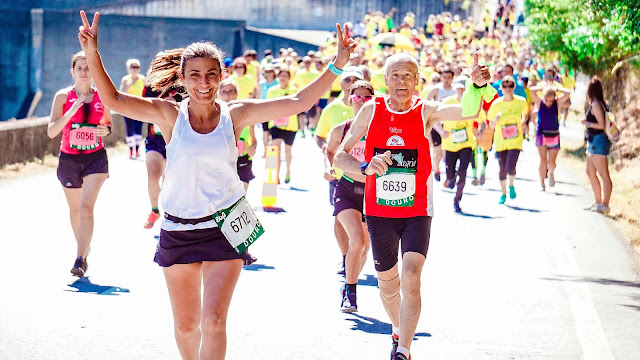MIDDLE-AGE WEIGHT GAIN: SCIENCE EXPLAINS
.jpg)
MIDDLE-AGE WEIGHT GAIN: SCIENCE EXPLAINS Middle-age spread isn't just about looking different in the mirror – it's a complex biological process scientists have finally begun to understand. New research from City of Hope has uncovered why our bodies seem determined to collect fat around our midsections as we age, and the answer lies in some surprisingly active stem cells. The breakthrough study, published in Science, reveals that our bodies undergo a remarkable transformation during middle age. A new type of stem cell emerges, acting like an overeager factory worker determined to produce more fat cells than we need. These cells, dubbed CP-As (committed preadipocytes, age-specific), are particularly fond of setting up shop around our waistlines. Dr. Qiong Wang and her team at City of Hope made this discovery through a series of clever experiments. They transplanted stem cells from older mice into younger ones and watched as these cells produced an abundance of fat, regardless o...



















